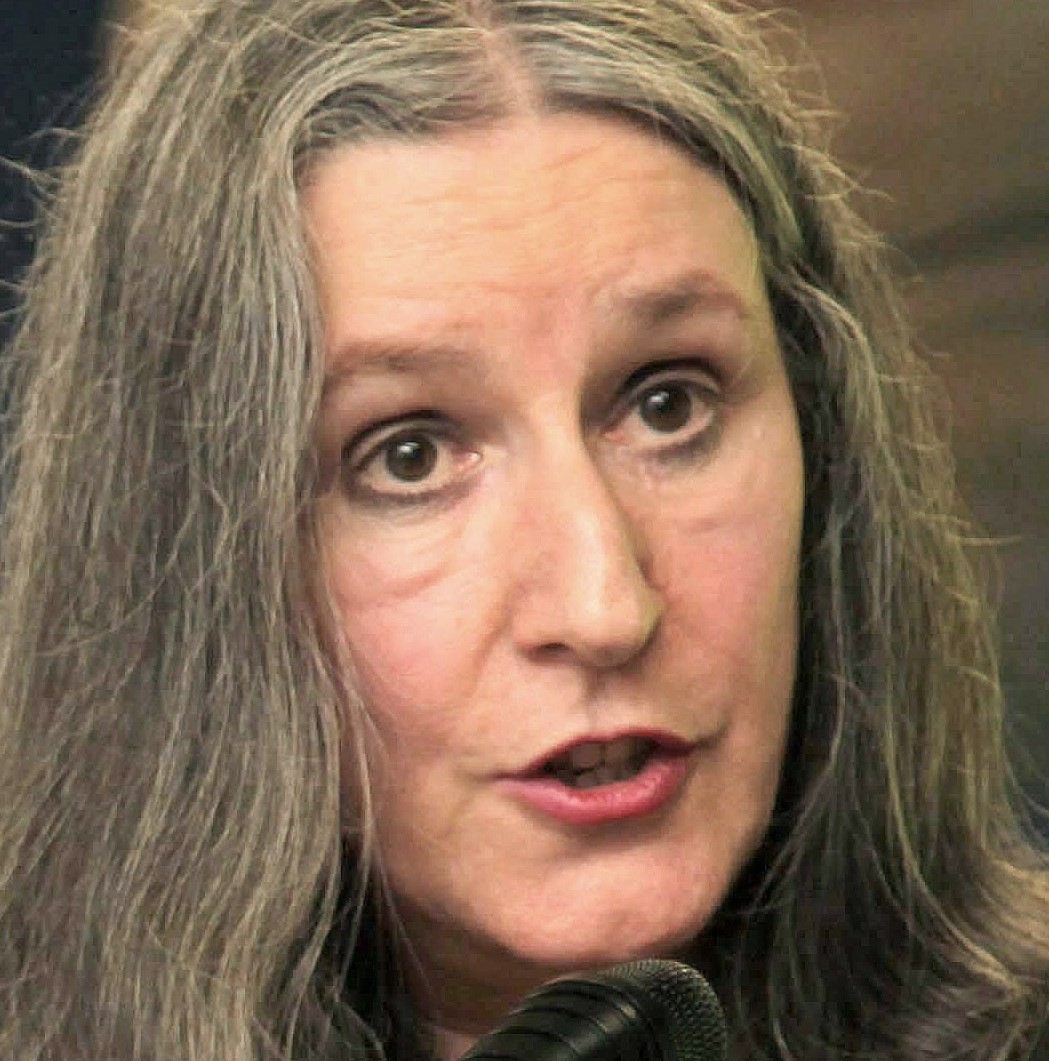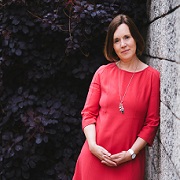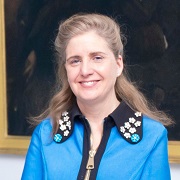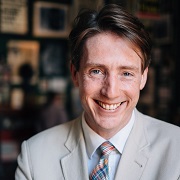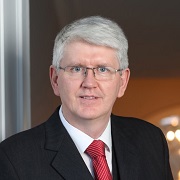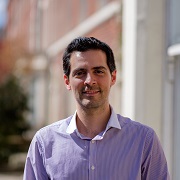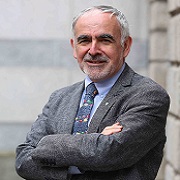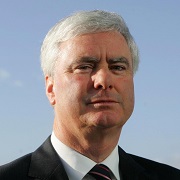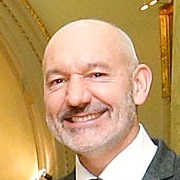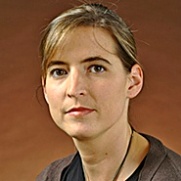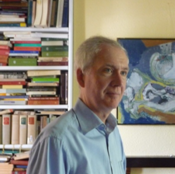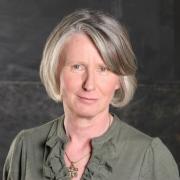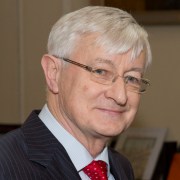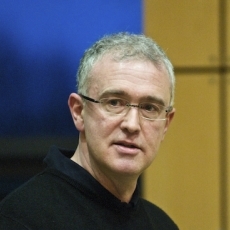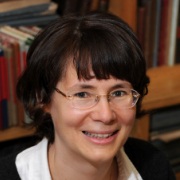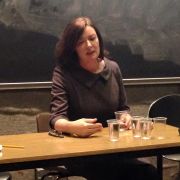When I was younger I wondered why the unemployment rate in Ireland was so high, why during the summer time French television regularly reported fatal car accidents, and why German schools closed at 1 pm. Whatever answers I arrived at, I can no longer remember them. And they were most probably wrong, based on impressionistic observations and lazy national stereotypes. Nonetheless those stereotypes often produced further questions, particularly when further observation and knowledge rendered the initial stereotype embarrassingly crude.
Questions remain at the heart of my engagement with the humanities. My research has concentrated on international politics in the late nineteenth and early twentieth centuries, in particular on the First World War. My own personal experiences have shaped my questions about this historical period. I have the great fortune – as most people in Ireland have – to live in a society where we are unlikely to die as a result of political violence. I was never conscripted into an army, unlike many European men of my age, and I only vaguely remember the escalating tensions between the Cold War rivals in the early 1980s and the threat of nuclear war. My first inclination therefore was to view the early twentieth century as one steeped in latent violence. And yet between 1871 and 1914, the European great powers never fought each other, the longest period of great power in Europe until the very end of the Cold War. Perhaps my good fortune is not merely the result of a post-Cold War bonanza or the processes of European integration since the Second World War, but is the result of much longer trends that made great power war both more destructive and therefore less likely, processes rooted in the nineteenth century. So my historical research asks how peace has been imagined, constructed, and maintained, and what the relationship between the experience of war and the aspiration for peace has been over the course of modern European history.
Seeking answers to this question has drawn me beyond the boundaries of history as a discipline. Given my interest in international history, an obvious place to look for insights was in the cognate discipline of political science, where scholars have long debated the ‘obsolescence of major war’, as John Mueller put it, or the Kantian peace, the relationship between democracy, free markets, and international law and organization. More recently I have been drawn to the work of sociologists, philosophers, and economists on norms – though sometimes I confess I find it difficult to extrapolate from work on, say, the convention of the standing applause. After meeting evolutionary biologists at the Wissenschaftskolleg zu Berlin, I ended up wrestling with different disciplinary conceptions of cooperation, altruism, and self-interest. Having been fortunate to spend time in two avowedly interdisciplinary institutions, the Wissenschaftskolleg and the Institute for Advanced Study at Princeton, and to work in a College where it is relatively easy to meet scholars from different areas, I venture to suggest that the answers to my questions (and probably those of many other researchers in the humanities) will lie in the encounters between disciplines.







